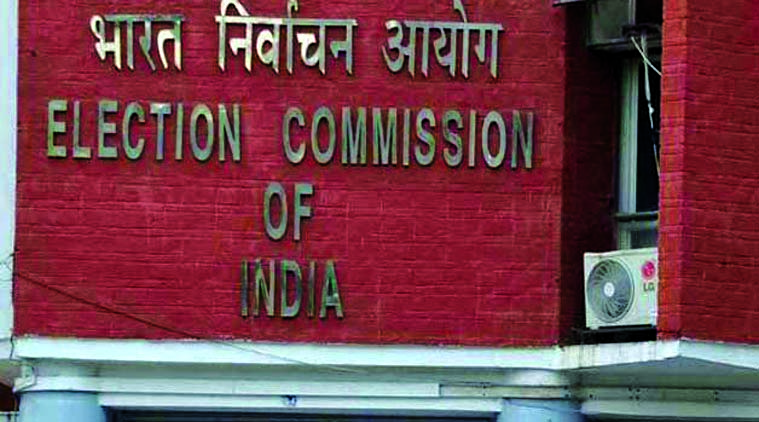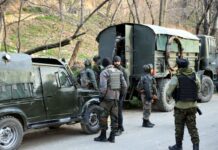SRINAGAR: An expert team from the World Bank interacted with the faculty, students, and officers of Sher-e-Kashmir University of Agricultural Sciences and Technology of Kashmir on Friday. The aim of this interaction was to study the university’s institutional development plan as a case study for the successful implementation and as a model project of its flagship National Agricultural Higher Education Project (NAHEP) in India.
The two-member World Bank team, comprising Bekzod Shamsiev, Senior Agriculture Economist and World Bank Task Team Leader, and Arvind Jhamb, World Bank Consultant, is on a two-day visit to SKUAST-K to review the progress of university activities under the World Bank-ICAR funded NAHEP. The team also intends to explore future collaboration with the university in developing horticulture and other agri-business sectors in Jammu and Kashmir.
During his interaction with the university faculty and staff, Bekzod Shamsiev praised the IDP-NAHEP at SKUAST-K as an exemplary model of result-oriented performance in the country, despite facing numerous challenges.
“We have suggested to the Indian Council of Agricultural Research to make this university one of the case studies to supplement the project completion implementation report so we can present it as one of the three or four best-performing examples of the project,” Shamsiev said. He highlighted that SKUAST-K was chosen for this purpose due to its innovative programs, commendable resilience, and innovations during the challenging COVID times.
SKUAST-K was awarded a grant of Rs 29.26 crore for its institutional development under the World Bank-funded National Agricultural Higher Education Project (NAHEP) in August 2019. The project aimed to bring reforms in agricultural education, improve infrastructure, enhance faculty and student skills and competence, inspire creativity and innovation among students, and make them more skillful for improved employability and entrepreneurship.
Discussing future opportunities, Shamsiev stated, “We are keen to discuss areas that align with the interests of SKUAST, including horticulture sector development, agri-environment policy evaluation, and farm gross margin analysis. I believe this is an opportune moment for the World Bank team to share experiences from our end.”
After learning about the One Health Programme of the University, he expressed the Bank’s interest in this priority area and proposed connecting SKUAST-K with relevant sections in the Bank for exploring joint projects in ‘One Health.’
In his interaction, Arvind Jhamb emphasised the need for new innovation-based startups that can provide solutions to various farming problems. He lauded the university for the number of startups it has launched in the last three years and the grants and awards it has received in entrepreneurship and research.
Vice Chancellor of SKUAST-K, Prof Nazir Ahmad Ganai, extended his gratitude to the World Bank and ICAR for providing the opportunity to SKUAST-K to showcase its potential.
“I don’t have words to thank the ICAR and the World Bank for supporting this university under NAHEP to develop its institutional development plan, which paved the way for bigger reforms that are now yielding results,” he said.
OSD to Vice Chancellor, Prof Azmat Alam Khan, provided a detailed overview of the IDP NAHEP of SKUAST-K and its achievements over the years. Prof Parvaze Sofi of the Faculty of Agriculture conducted the proceedings of the interactive session.
Later on, a brainstorming session on horticulture development was held to explore possibilities of developing technology-aided horticulture projects with the support of the World Bank. The session, led by Dean Horticulture, SKUAST-K, Dr Shabir Ahmad Wani, was also attended by the Director of Horticulture, Kashmir; Director of the Centre for Temperate Horticulture, Srinagar; agripreneurs, farmers, and faculty members of the Faculty of Horticulture. The World Bank team also visited the School of Horticulture Business Management.
On the second day of the visit, the World Bank expert team will conduct a field visit to some SKUAST-K faculties and research stations on Saturday.















